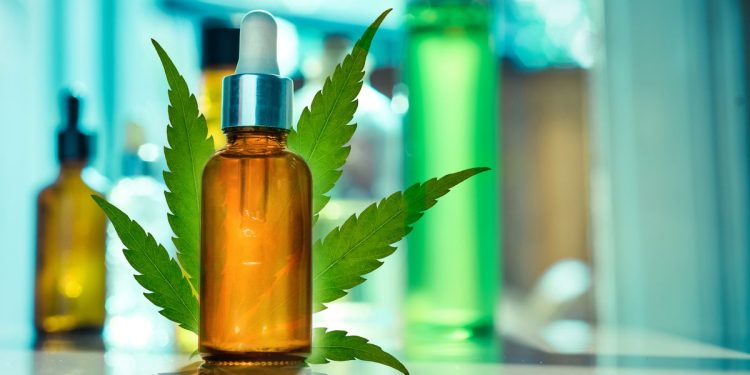There are several health claims about cannabidiol (CBD), but not all are true. Despite widespread claims to the contrary, there hasn't been enough study done to back up CBD's immune-boosting capabilities just yet. Here's a closer look at what experts know about CBD and the immune system, as well as how CBD may give some benefits to patients with autoimmune diseases.
CBD
Cannabidiol, sometimes known as CBD, is a chemical component in both marijuana and hemp that belongs to the class of cannabinoids. Tetrahydrocannabinol, also known as THC, is another molecule found in the cannabis plant and the one that gives it its euphoric effects.
Working of CBD
Even phytocannabinoids like CBD interact with your endocannabinoid system (ECS). CBD, unlike other phytocannabinoids, does not appear to bind to the CB1 and CB2 receptors. There are theories that CBD gummies prevents the breakdown of endocannabinoids, allowing them to have a stronger effect on the human body. Another possibility is that CBD binds to a receptor that has yet to be identified.
CBD as a general immunity booster
Some people believe that cannabidiol, or CBD, is a natural immune system enhancer in the age of COVID-19. However, there is not a single piece of data to back up this assertion.
If a person does not have any significant underlying health problems, their immune system typically does not need to be strengthened. You won't be able to strengthen your immune system even if you make changes to your lifestyle, such as ensuring you get enough sleep each night to prevent getting a cold.
CBD as an immunomodulator
Something that can either suppress or boost the immune system is known as an immunomodulator. There is not enough data to demonstrate that cannabidiol (CBD) could boost the immune system, even though some evidence implies that CBD can have qualities that depress the immune system.
Some people believe that CBD is beneficial to the immune system since it has the potential to enhance one's quality of sleep and lessen the negative impacts of stress. Insufficient sleep and high-stress levels are indeed associated with impaired immune system performance. However, to arrive at a conclusive answer, we will need to do additional research on this connection. If your immune system is weakened, it is in your best interest to stick to treatments supported by evidence. It is important to see a healthcare expert before beginning a new treatment or using a new supplement.
Is CBD safe?
Some of the negative effects of CBD include feeling sick, tired, and irritable. Because CBD competes with the liver enzymes responsible for breaking down other medications and blood thinners, it can cause blood levels of these other medications to rise. The effects of grapefruit juice and certain medications are very similar.
People who take large dosages of CBD oil in UK may have aberrant results on liver-related blood tests if the drug is tested. Therefore, if you use CBD regularly, you should let your primary care provider know. This effect can also be achieved by using a variety of over-the-counter medications, such as the pain reliever acetaminophen (Tylenol).
Because CBD is largely marketed and sold as a supplement, not a prescription, considerable safety concern is associated with its use. The Food and Drug Administration (FDA) does not currently oversee the safety of or ensure the purity of dietary supplements. Therefore, you cannot know that the product you purchase contains the number of active substances specified on the label. In addition to it, the product might have some additional unidentified components. We also do not know the therapeutic dose of CBD that would be the most beneficial for treating any given medical condition.
CBD Dose
CBD can be found in various preparations, such as oils, extracts, capsules, patches, vapes, and topical preparations that are applied directly to the skin. It's possible that a topical application of CBD, such as oil, lotion, or cream — or even a bath bomb — is the most effective method for reducing inflammation and providing pain relief in the muscles and joints. Alternately, CBD can be administered directly into the bloodstream through a CBC patch, a tincture, or a spray designed to be applied under the tongue.
Sativex is a prescription medication approved for treating cancer pain and muscle stiffness associated with multiple sclerosis in countries other than the United States of America. CBD is the active ingredient in Sativex. Epidiolex has been granted approval in the United States for treating certain forms of epilepsy and tuberous sclerosis.
Conclusion
CBD may have various positive effects on one's health, and there is encouraging evidence to suggest that it may be useful in treating several different illnesses. Even while there is some indication that CBD could operate as an immunosuppressant, there is very little research to determine whether it can help stimulate an immune system that is already impaired or weak. It would help if you responsibly used CBD regardless of the reason(s) you are doing so. Before using CBD, you should discuss your plans with a qualified medical expert.
























